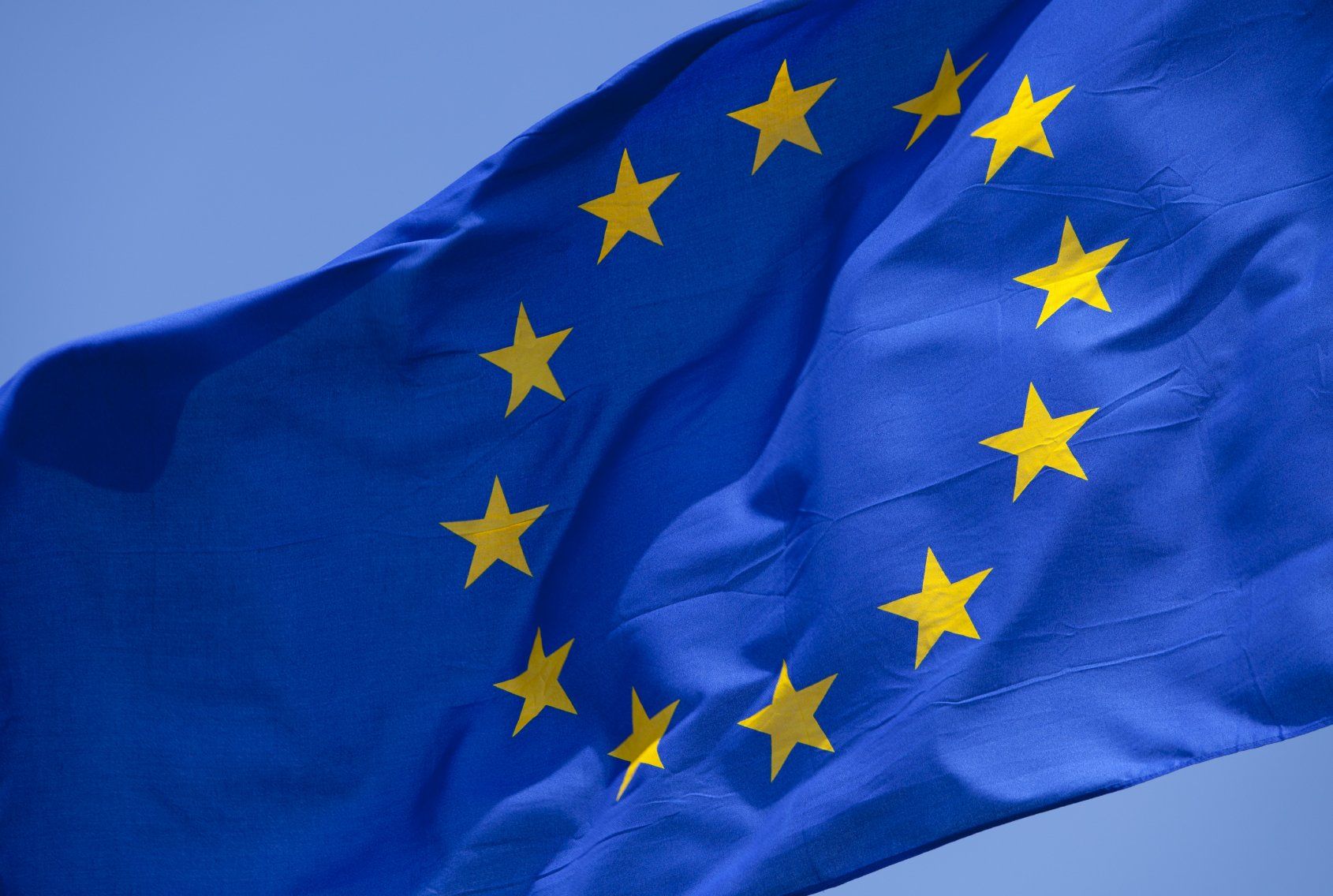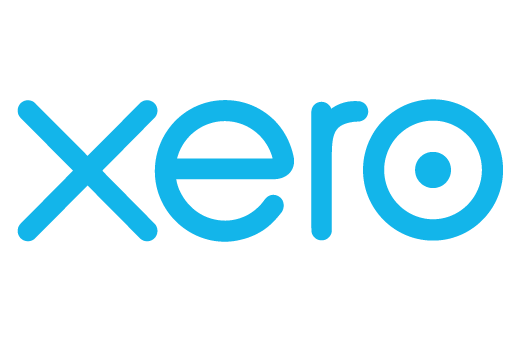
According to British Film Institute (BFI) figures, 2019 saw the highest ever spend on film and high-end TV production in the UK at more than £3.6bn. Since 2007, when the current creative tax reliefs for films started, more than 5,000 claimants have benefitted. BFI research suggests that every £1 given in tax relief in the UK generates more than £7 in return for the UK economy. Epic war film 1917, directed by Sam Mendes, cost an estimated £90m (£61m) to make and has taken $288m in global ticket sales since it was released last December.The UK film and high-end TV tax reliefs have been absolutely crucial [both] in terms of supporting the UK production industry. On 1917 alone, there was employment to over 1,200 crew and more than 1,000 cast, stunt performers and supporting artists. It’s not just direct employment a major film creates, there is also a large economic benefit for the regions where shooting takes place. In the case of 1917, it was shot across the UK in 12 separate locations, from Glasgow down to Salisbury Plain. As well as live action movies animation specialists such as Oscar-winning studio Aardman, known for Wallace & Gromit and Shaun the Sheep, have also used film and animation tax reliefs. Apart from film, animation and high-end TV reliefs, the government offers creative tax reliefs for certain children’s television programmes, video games, theatrical productions, orchestral concerts and museum or gallery exhibitions.

The payment window for capital gains tax (CGT) on the sale of second homes and buy-to-let residential properties is being cut to 30 days From 6 April 2020, CGT must be reported and paid to HMRC within 30 days of completion of the disposal of the property. Non-UK residents who currently report property disposals within 30 days can no longer defer payment. Note that the move to the 30-day window will change tax reporting requirements for taxpayers outside of self assessment. In the trial notice in the last HMRC Agent Briefing, HMRC said: ‘This will mean that if they have no other self assessment criteria, they will no longer need to register for self assessment to notify and pay for a “one-off” property disposal to report the gain.’ However, any taxpayers already reporting under self assessment will need to include the gain on their returns. Self assessment returns will be amended to reflect this for the relevant tax year. Late filing and late payment penalties will apply, and consequent interest will also continue to be charged. It is important to make sure that full property details are all readily to hand including the date when the property was acquired, the acquisition cost and details of any improvements made over the period of ownership, instead of the annual compliance process now property owners need to have their records up to date in advance of the sale so that the 30-day deadline can be met and penalty charges avoided. The trial is taking place up until 5 April 2020. It will take the tax agent and their client between 30 minutes and an hour in total to test the system.

As part of a review into changes to the operation of the off-payroll working rules (IR35), HMRC has made an announcement to give business more time to prepare. Changes to the operation of the off-payroll working rules will only apply to payments made for services provided on or after 6 April 2020, HMRC has announced today ahead of the publication of the government’s review. The formal publication of a review into the implementation of changes to the off-payroll working rules is due to conclude in February. A common issue raised over the course of the review has been businesses’ concerns over what payments the rules apply to and from when. The government has listened and taken action early to give businesses certainty and more time to prepare to ensure the smooth and successful implementation of the reforms that come into force in April. The rules, also known as IR35, will now apply only to payments made for services provided on or after 6 April 2020. Previously, the rules would have applied to any payments made on or after 6 April 2020, regardless of when the services were carried out. It means organisations will only need to determine whether the rules apply for contracts they plan to continue beyond 6 April 2020, supporting businesses as they prepare. The off-payroll working rules have been in place since 2000. They are designed to make sure that an individual who works like an employee, but through their own limited company, pays broadly the same Income Tax and National Insurance contributions as those who are employed directly. The government is extending the 2017 reform of the operation of the rules in the public sector to all medium and large organisations in April 2020. This will shift responsibility for operating the rules to the organisation that engages the worker. This is how employment status for tax is decided for the vast majority of people, who do not work through their own company.

HMRC have published company car advisory fuel rates for use from 1 December 2019. The rates apply when employers reimburse employees for the cost of fuel for business travel in their company cars or require employees to repay the cost of fuel used for private travel. HMRC review rates quarterly on 1 March, 1 June, 1 September and 1 December. View the new rates here https://www.gov.uk/government/publications/advisory-fuel-rates

MEPs have voted on measures specifying how large online platforms are to contribute to closing loopholes that hinder the collection of VAT. The new rules would help member states recover around €5bn in tax revenues lost in the e-commerce sector every year – a figure expected to rise to €7bn by 2020. In 2017, the unpaid VAT due from all economic sectors in the EU was calculated to stand at around €137bn. View the European Parliament press release .
















